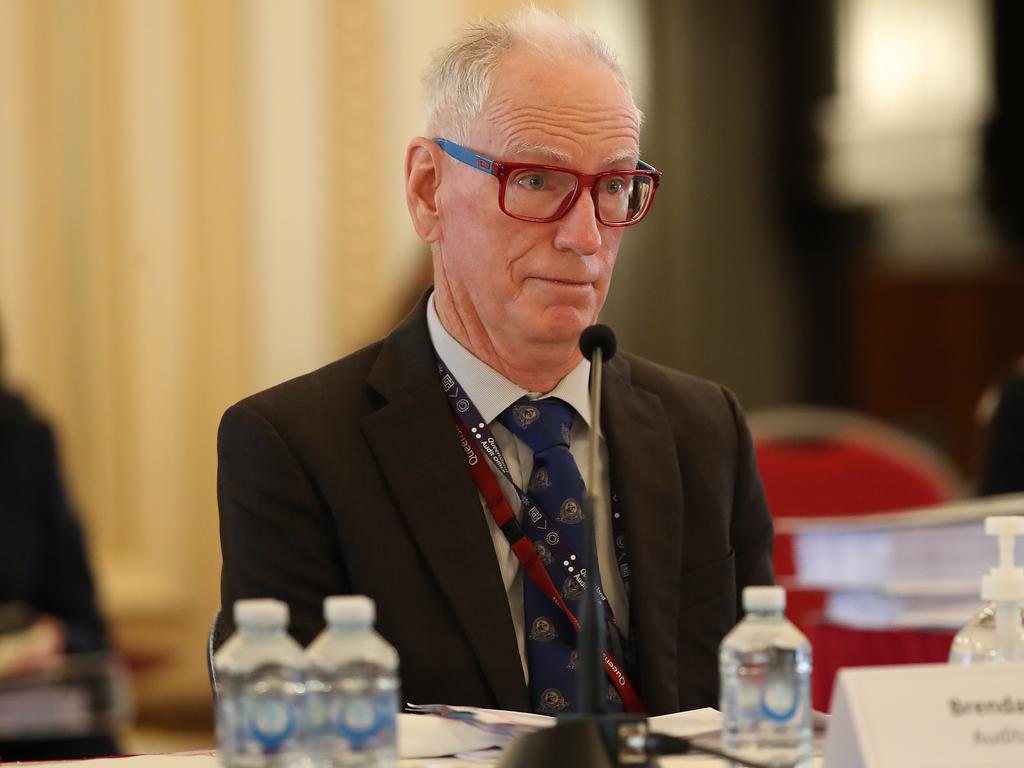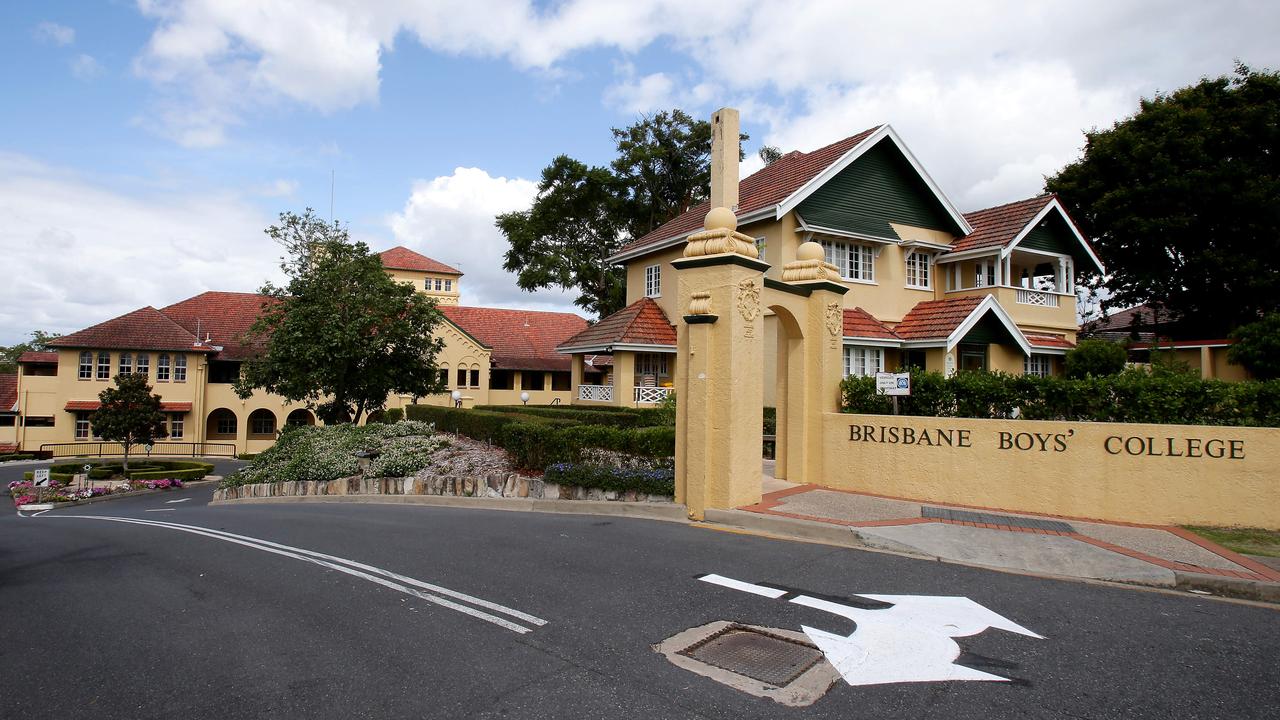Inability to manage ratepayers’ finances ‘spelled out in black and white’
Queensland councils have pleaded for more funding after an alarming report revealed some local governments lacked the ability to manage finances collected from ratepayers.
QLD News
Don't miss out on the headlines from QLD News. Followed categories will be added to My News.
Queensland councils have pleaded for more funding after an alarming report revealed a significant number of local governments lacked the ability to manage finances collected from ratepayers.
Labour and skills shortages were blamed for the issue exposed in the latest Queensland Audit Office’s report, which found 14 councils were in breach of the law by failing to have an internal audit function in place.
A further 16 did not have an audit committee.
The lack of controls and management was a concern given more than a third of the state’s councils are either “moderate or a high risk” of not being financially sustainable as of June 30 2022 compared to the previous financial year.

Auditor-General Brendan Worrall recommended the Department of Local Government worked with councils to ensure they create effective internal audit functions — a legal requirement.
Staff turnover and vacancies were blamed for the failings with the audit noting the local government sector was not immune to the global post-covid professional movement dubbed the ‘great resignation’.
“For councils outside of South East Queensland, attracting and retaining experienced staff has historically been a challenge, and this has become even harder in the last two years,” the Auditor-General wrote.
“Many councils face the choice between filling vacant roles with less experienced and qualified staff or engaging external consultants at a significantly higher cost.”

Local Government Association of Queensland (LGAQ) chief executive Alison Smith said the report “spells out in black and white” the challenges councils face to provide services.
“Dollars spent providing for the community have increased at twice the rate of revenue while staff shortages and natural disasters have negatively impacted the sector,” she said.
“Councils receive just 3 per cent of all government taxation revenue but are being required to do so much more, filling critical gaps created when the other levels of government and the private sector pull back or pull out of communities.”
The report’s seven recommendations for the department will be supported or supported in principle, a spokesman said, who acknowledged work done by councils to “improve processes and practices to deliver for their communities in sometimes difficult circumstances”.
“After much consultation within the sector, a new sustainability framework will come into effect on 1 July,” he said.
“The new framework aims to provide councils, the state and other stakeholders with greater insight into the sector’s sustainability challenges and support the development of more tailored solutions for councils.”
Shadow Local Government spokeswoman Ann Leahy said: “These findings are the damning results of nearly a decade of the Palaszczuk Labor Government’s chronic failure to support local government and local infrastructure”.
“If this Government doesn’t reverse their squeeze on local government funding, Councils will fall victim to the cost of living crisis facing Queensland,” she said.
Originally published as Inability to manage ratepayers’ finances ‘spelled out in black and white’







